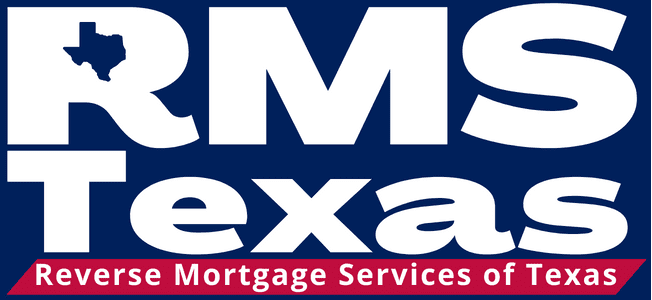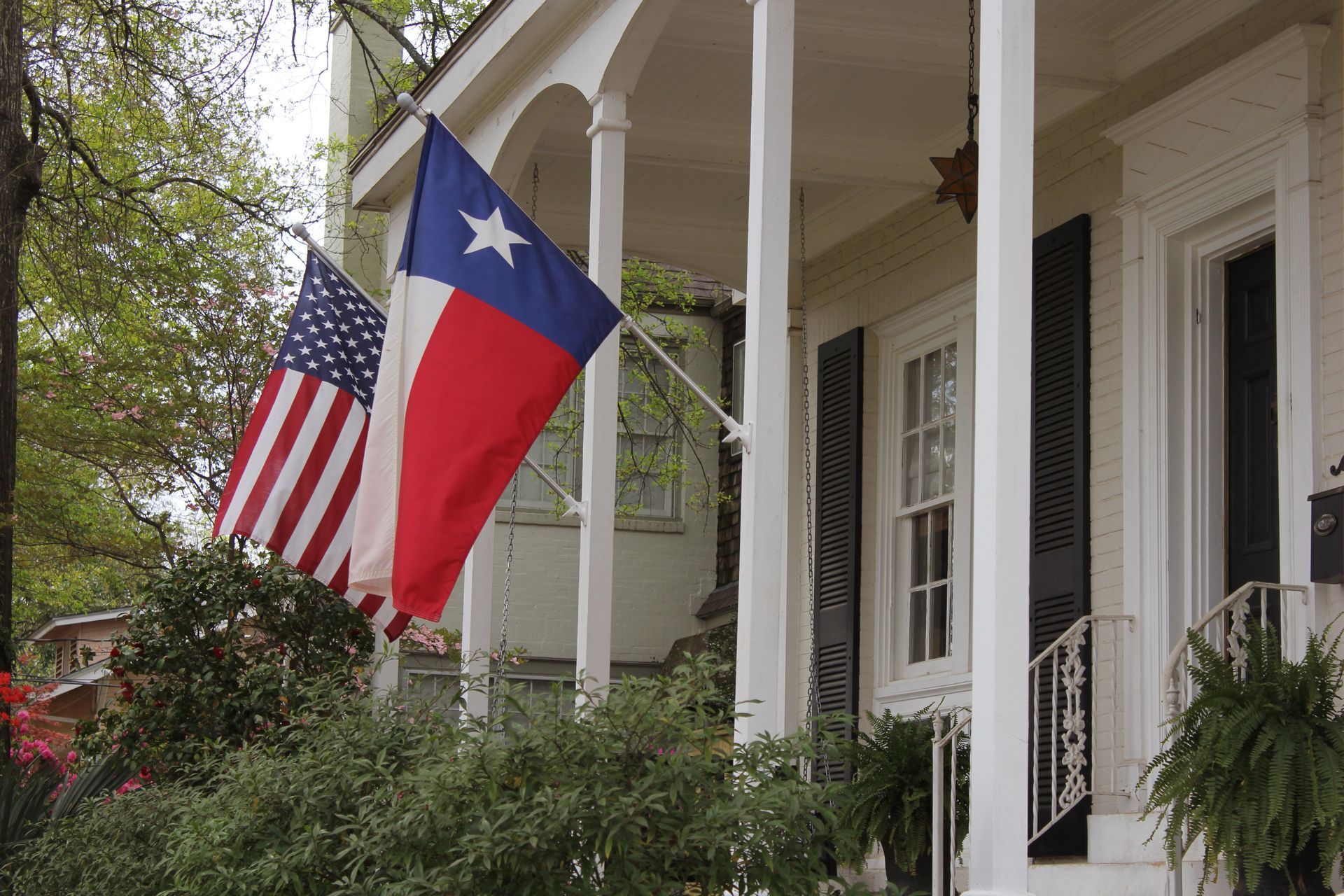Reverse Mortgage Home Maintenance Requirements: What Texas Homeowners Need to Know
Published by Robb Hamilton, Texas Reverse Mortgage Specialist
One of the most important aspects of reverse mortgage ownership that borrowers must understand is the ongoing responsibility to maintain their home in good condition. Unlike traditional mortgages where the primary concern is making monthly payments, reverse mortgage borrowers must focus on property upkeep, insurance, and taxes to remain in compliance with their loan terms.
Understanding these maintenance requirements before obtaining a reverse mortgage is crucial for long-term success and avoiding potential complications that could jeopardize your ability to remain in your home.
Why Home Maintenance Matters for Reverse Mortgages
When you have a reverse mortgage, your lender has a financial interest in your property that continues to grow over time. The lender's security for the loan is the value of your home, which makes property maintenance a critical component of the loan agreement. A well-maintained home preserves its value, protecting both your investment and the lender's interest.
The Federal Housing Administration (FHA), which insures most reverse mortgages through the HECM program, requires borrowers to maintain their homes to specific standards. These requirements aren't arbitrary—they're designed to ensure that the property retains sufficient value to secure the loan and provide a safe living environment for the borrower.
Specific Maintenance Requirements
Structural Integrity: Your home must remain structurally sound throughout the life of the reverse mortgage. This includes maintaining the foundation, roof, walls, and other structural elements. In Texas, where weather can be particularly harsh, this often means addressing issues like foundation settling, roof damage from storms, and siding problems caused by extreme temperature fluctuations.
Safety and Habitability: The property must remain safe and habitable according to local building codes and FHA standards. This includes maintaining functional electrical, plumbing, and HVAC systems. Given Texas's extreme summer temperatures, maintaining air conditioning systems isn't just about comfort—it's often a safety requirement.
Property Standards Compliance: Your home must continue to meet FHA property standards, which cover everything from adequate heating and cooling to proper ventilation and safe electrical systems. These standards also address issues like lead-based paint in older homes and ensure that the property meets current safety codes.
Exterior Maintenance: The exterior of your home must be maintained to prevent deterioration and preserve curb appeal. This includes regular painting, roof maintenance, gutter cleaning, and landscaping upkeep. In Texas, this might mean more frequent exterior maintenance due to intense sun exposure and severe weather events.
Texas-Specific Maintenance Considerations
Weather-Related Challenges: Texas weather presents unique maintenance challenges that reverse mortgage borrowers must be prepared to address. Hurricane season along the Gulf Coast can cause significant property damage, while North Texas storms can damage roofs and siding. Drought conditions can affect foundations, particularly in areas with clay soil that expands and contracts with moisture changes.
HVAC System Demands: Texas's extreme temperatures place heavy demands on heating and cooling systems. Regular HVAC maintenance isn't just recommended—it's essential for both comfort and compliance with habitability requirements. This includes regular filter changes, annual system inspections, and prompt repairs when issues arise.
Foundation Considerations: Many Texas homes, particularly in the Dallas-Fort Worth area, are built on expansive clay soil that can cause foundation issues. Maintaining proper drainage, addressing foundation cracks promptly, and ensuring adequate moisture control around the foundation are critical maintenance tasks.
Pest Control: Texas's warm climate creates year-round pest control challenges. Termites, in particular, can cause significant structural damage if not properly managed. Regular pest inspections and treatments are essential maintenance activities for Texas homeowners with reverse mortgages.
Financial Planning for Maintenance
One of the key benefits of a reverse mortgage is that you can use the proceeds to fund ongoing maintenance and improvements. Many Texas homeowners strategically plan their reverse mortgage to include funds specifically designated for property upkeep.
Creating a Maintenance Reserve: Consider setting aside a portion of your reverse mortgage proceeds in a dedicated account for home maintenance. This ensures you have funds available when maintenance needs arise, without having to dip into other retirement resources.
Prioritizing Major Systems: Focus your maintenance budget on major systems that are expensive to replace and critical for habitability. In Texas, this typically means prioritizing HVAC systems, roofing, and foundation maintenance.
Preventive vs. Reactive Maintenance: Preventive maintenance is almost always more cost-effective than waiting for problems to develop. Regular inspections and minor repairs can prevent major issues that could be costly and potentially threaten your compliance with loan requirements.
What Happens if Maintenance is Neglected?
Failing to maintain your property can have serious consequences for reverse mortgage borrowers. The lender has the right to inspect the property periodically, and if they find that maintenance requirements aren't being met, they can take several actions:
Required Repairs: The lender may require you to complete specific repairs within a certain timeframe. If you're unable to complete the repairs, the lender might arrange for the work to be done and add the cost to your loan balance.
Set-Aside Accounts: In some cases, lenders may require borrowers to establish set-aside accounts to ensure funds are available for future maintenance needs. This is more common for borrowers who demonstrate difficulty maintaining their property or have limited financial resources.
Loan Acceleration: In extreme cases where property maintenance issues aren't addressed, the lender may declare the loan due and payable. This is typically a last resort, used only when the property's condition significantly threatens its value or the borrower's safety.
Strategies for Successful Maintenance Management
Develop a Maintenance Schedule: Create a regular maintenance schedule that addresses both routine upkeep and seasonal needs. In Texas, this might include pre-summer HVAC servicing, post-storm inspections, and regular foundation monitoring.
Build Relationships with Reliable Contractors: Establish relationships with trustworthy contractors before you need them. Having reliable professionals for plumbing, electrical, HVAC, and general maintenance can help you address issues quickly and cost-effectively.
Stay Informed About Local Requirements: Keep up with local building codes and requirements that might affect your property. Cities and counties sometimes update requirements that could impact your maintenance obligations.
Document Your Maintenance: Keep detailed records of all maintenance and repairs. This documentation can be valuable if questions arise about your compliance with loan requirements.
Using Reverse Mortgage Proceeds for Improvements
Many borrowers use reverse mortgage proceeds not just for maintenance but for improvements that enhance their quality of life and help them age in place more comfortably. Popular improvements among Texas reverse mortgage borrowers include:
Accessibility Modifications: Installing ramps, grab bars, walk-in showers, and other modifications that make the home safer and more accessible as you age.
Energy Efficiency Upgrades: Improving insulation, upgrading windows, and installing more efficient HVAC systems can reduce ongoing utility costs—an important consideration for retirees on fixed incomes.
Outdoor Living Spaces: Many Texas homeowners use reverse mortgage proceeds to create or improve outdoor living spaces like patios, decks, and landscaping that enhance their enjoyment of their home.
The Bottom Line on Maintenance Requirements
While reverse mortgage maintenance requirements might seem daunting, they're actually designed to protect your interests as well as the lender's. A well-maintained home provides a safer, more comfortable living environment and preserves the asset that secures your loan.
The key to success is understanding these requirements upfront and planning accordingly. By budgeting for maintenance, establishing good relationships with contractors, and staying proactive about property upkeep, you can enjoy the benefits of your reverse mortgage while ensuring your home remains a valuable and comfortable asset.
If you're considering a reverse mortgage, discuss maintenance requirements and strategies with your loan specialist. Understanding these obligations before you commit

Set-Up a Confidential Discussion
If you or your client are unsure about the details of a reverse mortgage, has questions, or wishes to get started, feel free to schedule a time on Robb's calendar.









